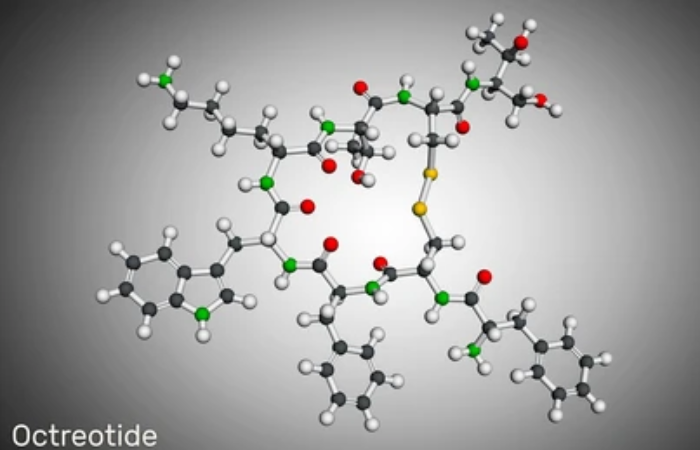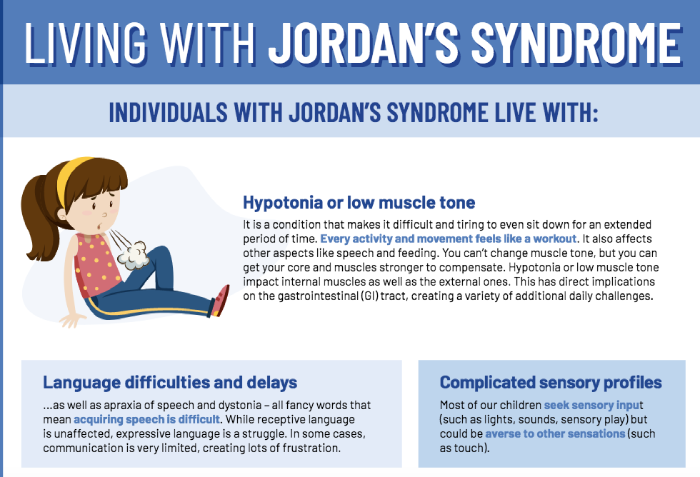Antioxidants in Plant-Based Foods Offer Neuroprotective Benefits
A recent study has shed light on the remarkable antioxidant potential of Queen Garnet plums, elderberries, and other plant-based foods, suggesting they may offer protective benefits against brain-related illnesses. Naomi May, a Ph.D. candidate in the School of Medical, Indigenous, and Health Sciences, led the research team to explore how plant-derived compounds contribute to brain health. Their findings, published in Food & Function, highlight the role of these compounds in combating oxidative stress—a process implicated in neuronal damage and the development of neurodegenerative diseases.
The research delved into the antioxidant properties of different plant compounds. These included phenolics, which influence plant coloration, and terpenes, responsible for plant aromas and flavors. Using advanced mass spectrometry, the team identified specific compounds linked to critical antioxidant activities, such as scavenging reactive oxygen and nitrogen species, chelating metal ions, and preventing oxidative stress-induced cell death in neuron-like cells.
While plant-based diets have long been associated with numerous health benefits, the study uniquely focused on pinpointing the active compounds that deliver these neuroprotective effects. “Many plant-based foods are known to support brain and overall health,” May explained. “However, until now, we haven’t clearly understood which mix of compounds is the most potent.”
The study investigated six specific plant-derived foods: Queen Garnet plum, black pepper, clove, elderberry, sage, and lemon balm. The team also analyzed over-the-counter supplements made from these ingredients, including two formulations featuring astragalus and lemon balm. Among the findings, astragalus supplements exhibited the highest levels of phenolics, followed by Queen Garnet plum, elderberry, and clove. These phenolics, particularly derivatives of quercetin, demonstrated the ability to mitigate oxidative stress and chelate copper ions.
Black pepper, clove, and sage emerged as the most terpene-rich, with terpenes linked to the reduction of reactive oxygen species. This represents the first research to correlate individual plant compounds with specific antioxidant effects, paving the way for more targeted applications of plant foods in health management.
May underscored the potential impact of these findings: “Understanding the phytochemical profiles of plant foods is critical for determining how they can enhance brain health. These insights could lead to the development of dietary strategies for managing conditions driven by neuroinflammation and oxidative stress, such as neurodegenerative diseases. Additionally, these foods are excellent for overall health.”
Commentary by YourDailyFit Columnist Alice Winters

This study reinforces the growing body of evidence that plant-based compounds can deliver tangible health benefits, particularly in the realm of brain health. The research not only highlights the neuroprotective potential of specific foods but also contributes valuable insights into their phytochemical profiles. Here’s a deeper dive into the implications of these findings.
Strengths of the Study
The integration of mass spectrometry to isolate and identify individual compounds represents a robust approach to dissecting the bioactive elements of these foods. It moves beyond vague assertions about “antioxidant-rich” diets to provide concrete data about which compounds are most effective. For instance, pinpointing quercetin derivatives as key players in mitigating oxidative stress marks a significant step toward precision nutrition.
Ingredient Highlights
Queen Garnet Plum and Elderberry: These fruits are rich in phenolics, particularly quercetin derivatives, known for their strong antioxidant and anti-inflammatory properties. The research further solidifies their status as superfoods with potential applications in cognitive health.
Clove and Black Pepper: Often overlooked in discussions of brain health, these spices stand out for their high terpene content, which could offer targeted benefits in reducing oxidative damage.
Astragalus and Lemon Balm: The inclusion of these herbs in commercial supplements seems promising, especially given astragalus’s phenolic density and lemon balm’s well-documented calming properties.
Market and Consumer Relevance
From a market perspective, the findings align with the growing demand for plant-based supplements. Consumers increasingly seek natural solutions for cognitive health, particularly as neurodegenerative conditions become more prevalent with aging populations. This study provides compelling reasons to prioritize products rich in well-defined phytochemicals.
Considerations and Next Steps
While the study is groundbreaking, it leaves some questions unanswered. For instance, how do these compounds behave in real-world dietary contexts versus isolated lab conditions? Are there synergistic effects when these foods are consumed together, or does the concentration of active compounds in processed supplements differ significantly from their natural states?
Moreover, the bioavailability of these compounds—how effectively they are absorbed and utilized by the body—remains a critical consideration for consumers and manufacturers alike.
Final Thoughts
This research elevates the conversation around plant-based foods from generic health claims to scientifically validated applications. For consumers, it underscores the importance of choosing products that prioritize bioactive compounds with proven benefits. For the industry, it highlights the untapped potential of refining and marketing supplements that leverage the full power of nature’s pharmacopoeia. Ultimately, studies like this push us closer to a future where dietary interventions can meaningfully impact brain health and overall well-being.



